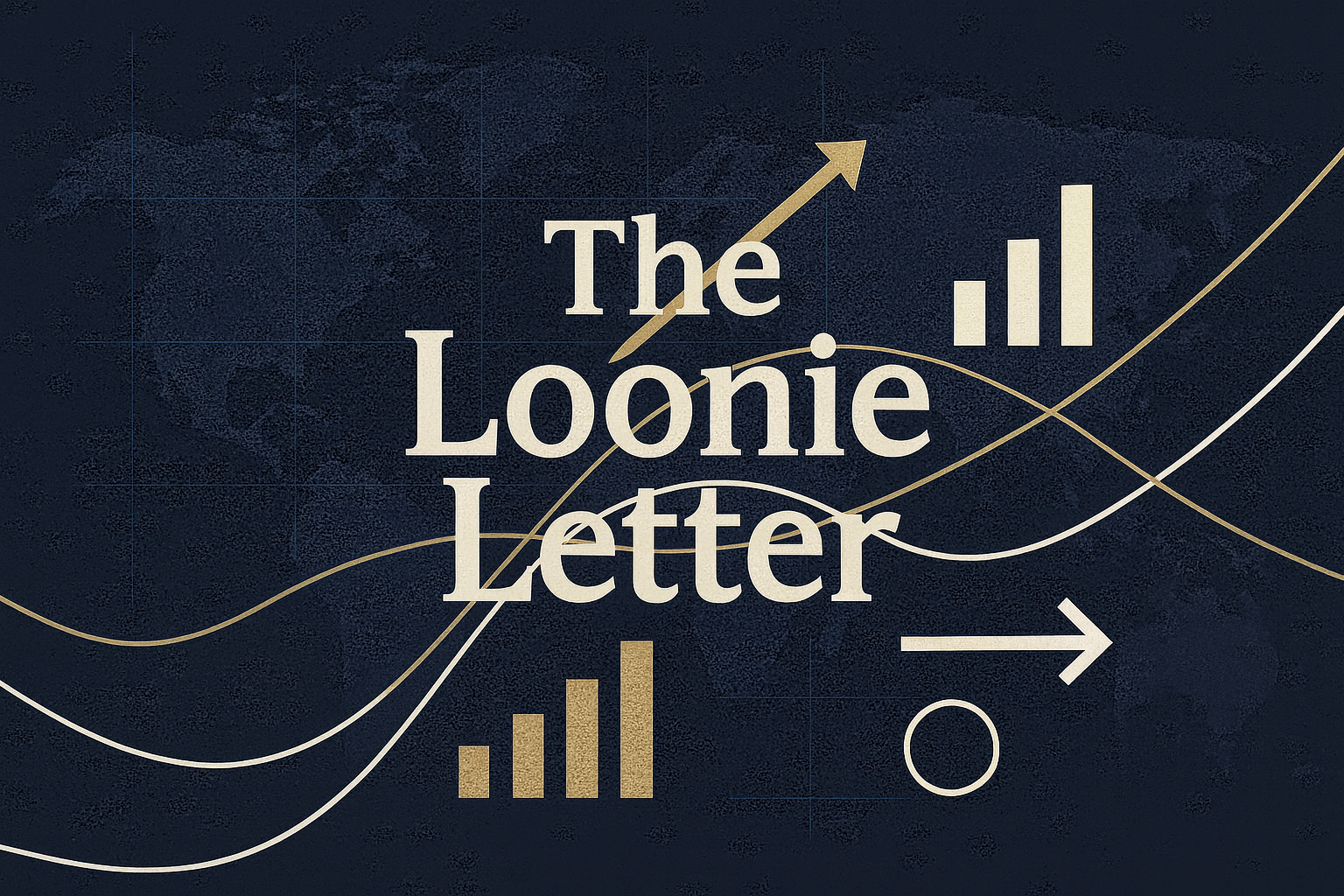AI, Policy, and Power Moves in Global Finance

This week’s issue distills the most relevant developments at the intersection of AI investment, corporate strategy, and financial regulation, all through a global market lens.
Big Tech Bets on AI Infrastructure
Amazon Web Services plans to invest $5 billion in South Korea to expand AI data centres, part of a broader $40 billion push across 14 APEC economies. These initiatives are forecast to add $45 billion to U.S. GDP through AI-driven productivity and tech exports.
→ Why it matters: Global cloud providers are building regional moats; expect rising capital-expenditure intensity across hyperscalers as AI workloads scale faster than anticipated.
Microsoft’s Long Game with OpenAI
A revealing anecdote surfaced this week: Bill Gates once warned Satya Nadella that investing in OpenAI was like “setting $1 billion on fire.” Six years later, Microsoft’s 27% stake is one of the most profitable tech bets of the decade.
→ Why it matters: It underscores how contrarian capital allocation—anchored in patience—can define market leadership when technological inflection points hit.
Eli Lilly’s New Drug Approval Redefines Its Growth Story
The FDA’s green light for Omvoh (mirikizumab), a once-monthly injectable for ulcerative colitis, transforms Lilly’s post-obesity-drug narrative. Analysts now frame it as a platform company in immunology as much as in weight management.
→ Why it matters: Diversification across therapeutic areas may extend Lilly’s valuation premium in an increasingly narrow biopharma market.
Policy Diplomacy and the New Investment Geography
President Trump’s Asia tour continues to generate headlines. After extracting $490 billion in commitments from Japan, he pressed South Korea for another $350 billion. Simultaneously, AWS’s Seoul investment complements U.S. efforts to anchor regional supply chains and digital infrastructure.
→ Why it matters: Economic diplomacy is now industrial strategy—foreign direct investment is the new tariff.
Financial Sector Shifts: Regulation, Innovation, and Risk
- Santander UK withheld Q3 results amid a motor-finance probe, highlighting persistent regulatory overhang in consumer credit.
- Maple Finance pivoted from staking to token buybacks, aligning DeFi credit markets with real-world-asset collateral.
- AnyTax, a Berlin fintech, raised €1 million to embed AI tax APIs into financial platforms, continuing the march toward programmable compliance.
→ Why it matters: Traditional finance and DeFi alike are recalibrating around transparency, tokenized credit, and embedded intelligence.
Bottom Line:
AI isn’t just transforming technology, it’s reshaping where and how capital is deployed. From cloud infrastructure to drug pipelines, strategic patience and infrastructure dominance are the real alpha.

